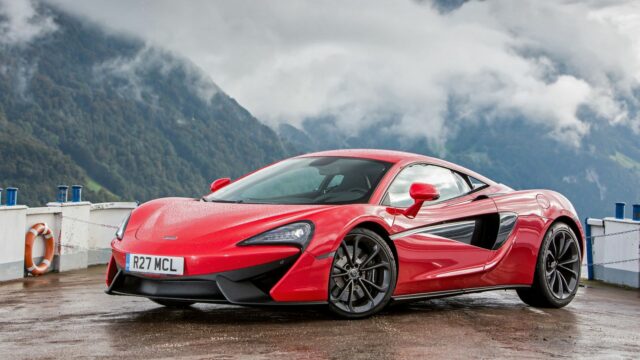Partnership shouldn’t be a surprise anymore in the car world

McLaren announced it joined forces with BMW Group and a couple of other partners to develop a new combustion technology.
According to the press blurb, the new tech would enable engines to return a better power/capacity ratio that what contemporary powerplants allow.
Other details are scarce, but the technology would found a way inside future McLaren engines and will also aim at lower CO2 emissions. Last time the two manufacturers entered a collabo, the legendary McLaren F1 was born, powered by the BMW-forged 6.1-liter V12 engine (S70/2) churning out 618 horsepower.
"McLaren Automotive has an exceptional reputation for building the world’s finest engines, as showcased by our M838T and its previous category wins in the International Engine of the Year awards.
We will continue to independently design and build our own engines, and the benefits of this project will help us accelerate the development of our next generation of powertrain."
Besides McLaren and BMW, the other parties brought together by the partnership are engine manufacturer Ricardo and Lentus Composites.
Grainger and Worall will provide the necessary lightweight casting expertise, while the University of Bath's research in the field of ICEs (Internal Combustion Engines) efficiency rounds up the seven-member union led by McLaren Automotive.
This move is one of the steps included in the Track 22 business plan developed by McLaren and announced last year in Geneva.
The strategy stretches to 2022 (hence the numbering in the name) and revolves around a £1 billion investment in R&D that would generate 15 new cars or derivatives, plus an all-electric powertrain.
Nonetheless, McLaren also pledged that by 2022, half of their model range will be petrol-electric hybrids inspired by the P1 hypercar.
